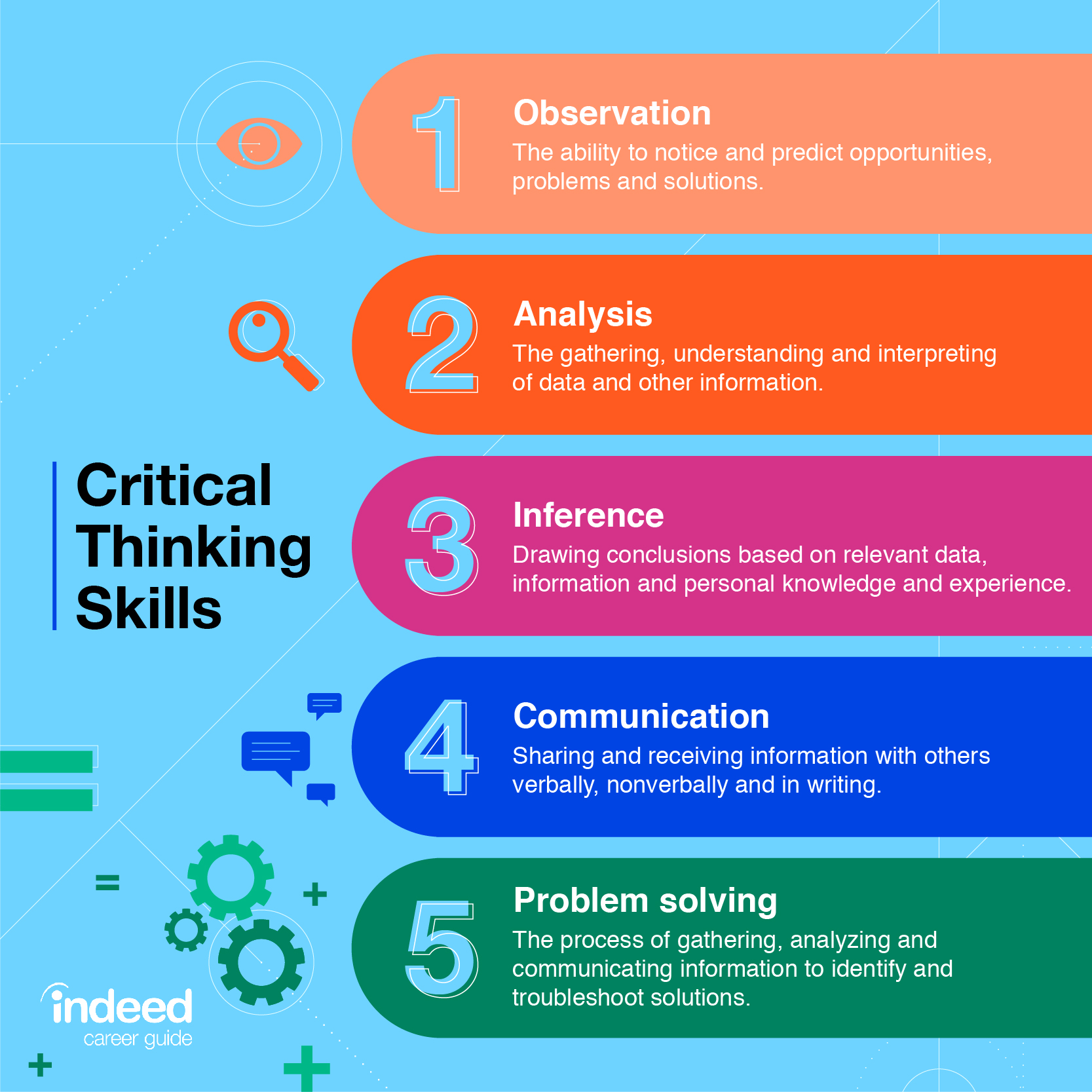
Support of a view and simply asserting the view as true." YouĬritical Thinking in Schools WHY should we teach critical thinking?Īnd then after we've decided “yes, let's do it,” HOW should we teach critical thinking? LEARNINGĬritical Thinking (outside school) - Educating Yourself See the difference between offering legitimate reasons and evidence in

Questions involving "reasoned judgment" (whichĪre neither fact nor opinion), they "fail to ThreeĬategories of Questions explains why, because students don't recognize Recognize that our “rationally justifiable confidence” in a claimĬan span a wide range, from feelings to fact and everything in between. Uses to assess the validity of something: of a statement, news story, argument, InĮssence, critical thinking is a disciplined manner of thought that a person The quality of something, from cooking to a conclusion of a research paper. Thinking is "reasonably and reflectively deciding what to believe On this page, for example, the quotes and links - whichĪre recommended, but (as with all sources of information) should be used withĪn attitude of "critical thinking" evaluation - are the result Yes, critical evaluation can produce a glowing Of evaluation can range from positive to negative, from acceptance to rejection Thinking (re: its process) or evaluative thinking (re: its goal). In this context, critical thinking is just logical thinking critical thinking is not necessarilyīeing “negatively critical” as in a commonly used meaning of the word. To avoid misunderstanding, in the context of "critical thinking" we need to understand what "critical" does mean, and doesn't mean.

Critical thinking home schooling how to#
In this page the sections are: What is Critical Thinking? Why teach Critical Thinking? Critical Thinking in Schools ( How to teach Critical Thinking ) Effects of Motivated Reasoning Ethics of Critical Thinking Critical Thinking Skills to use in Everyday Life


 0 kommentar(er)
0 kommentar(er)
